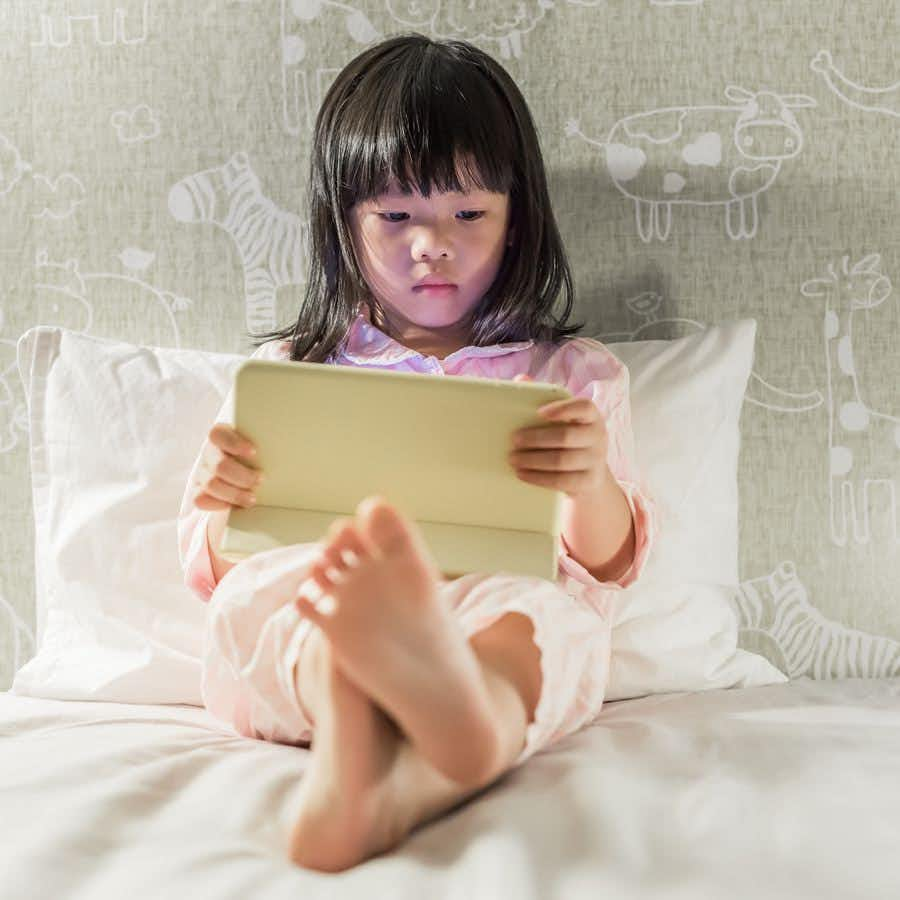
Parents have been concerned about screen time for several years. Social media has become hugely popular among teens and young adults. Does it hold dangers for younger people? Is there a link between screen use and behavioral problems in children? This questions has been hotly debated among experts and causes parents quite a bit of anxiety. If there is an association, which behavior is causative? Research now illuminates some of these matters.
Heavy Social Media Users Learn Less:
A new study in JAMA suggests that preteens who spend more time engaged with social media have a harder time learning in school (JAMA, Oct. 13, 2025). The ABCD study collected data from kids 9 to 10 years old, then looked at cognitive performance one and two years later. (The acronym stands for Adolescent Brain Cognitive Development study.) Those who increased their time on social media over those years had more difficulty with reading, memory and vocabulary as assessed by standardized tests. The differences in the scores were fairly small, however. Parents might want to limit social media use for these younger kids and offer guidelines for older adolescents.
Extra Screen Time Is Linked to Emotional Problems:
When kids are acting up, busy parents may be tempted to hand them a phone or tablet to get them quiet. A new meta-analysis suggests that might make matters worse (Psychological Bulletin, May 2025). An international team of researchers analyzed 117 longitudinal studies that included more than 290,000 children.
They found small but significant associations in both directions. That is, screen use can lead to social or emotional difficulties. In addition, children who are struggling emotionally tend to use screens more often, especially for playing video games. According to the scientists, these findings support guidelines for limiting screen use.
However, they also recommend that parents pay attention to content quality and provide a positive social context:
“Parents should consider monitoring not just how long children are on screens, but also what they are doing and who they are interacting with. Some types of screen use, like coviewing with parents, seem to have few harms, if any.”
Screen Time Before Bed Undercuts Teens’ Sleep:
Scientists have been warning for more than a decade that screen time may hold dangers for children. Youngsters who use their computers or cellphones to chat with friends, play video games, study or listen to music before bed get less sleep (Sleep Medicine, online Dec. 16, 2013). A British study has found that 11 to 13 year-olds who use technology in their bedrooms get approximately an hour less sleep nightly than their peers. This can have a negative impact on alertness in school and even on health problems such as high blood pressure, obesity and depression.
Children who watch TV right before bed are four times more likely to report waking multiple times during the night. This is an age at which circadian rhythms are starting to shift, so that teenagers frequently feel sleepy later and have a harder time getting up early in the morning. Sleep experts say youngsters from 11 to 13 should get 10 to 11 hours of sleep a night, and recommend that kids unplug at least an hour before bedtime so they can unwind.
What About Grownups?
The recommendation to avoid electronic screens just before retiring applies to adults as well. Most screens put out blue wavelengths that can trick the eyes and the brain into thinking it is not nighttime. This inhibits the production of the sleep hormone melatonin and can contribute to insomnia or poor sleep quality. Parents who want to limit their kids’ screen time might start by setting a good example.
Citations
- Nagata JM et al, "Social media use trajectories and cognitive performance in adolescents." JAMA, Oct. 13, 2025. DOI: 10.1001/jama.2025.16613
- Vasconcellos RP et al, "Electronic screen use and children's socioemotional problems: A systematic review and meta-analysis of longitudinal studies." Psychological Bulletin, May 2025. DOI: 10.1037/bul0000468

